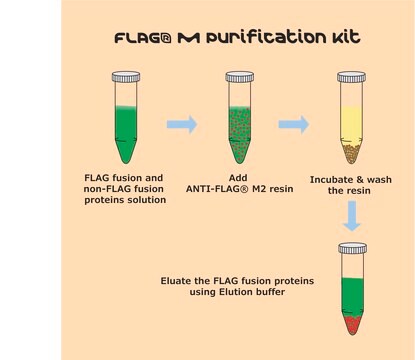676845
Diethyl ether
≥98.0%, ACS reagent, contains ≤2% ethanol and ≤10ppm BHT as inhibitor
Synonym(s):
Et2O, Ethoxyethane, Ether, Ethyl ether
About This Item
8.38 psi ( 20 °C)
Recommended Products
Product Name
Diethyl ether, ACS reagent, ≥98.0%, contains ≤2% ethanol and ≤10ppm BHT as inhibitor
grade
ACS reagent
Quality Level
vapor density
2.6 (vs air)
vapor pressure
28.5 psi ( 55 °C)
8.38 psi ( 20 °C)
Assay
≥98.0%
form
liquid
autoignition temp.
320 °F
contains
≤2% ethanol and ≤10ppm BHT as inhibitor
expl. lim.
36.5 %
impurities
≤0.0002 meq/g Titr. acid
≤0.001% Carbonyl (as HCHO)
≤0.5% (water)
≤1 ppm Peroxide (as H2O2)
evapn. residue
≤0.001%
color
APHA: ≤10
refractive index
n20/D 1.3530 (lit.)
bp
34.6 °C (lit.)
mp
−116 °C (lit.)
density
0.706 g/mL at 25 °C (lit.)
SMILES string
CCOCC
InChI
1S/C4H10O/c1-3-5-4-2/h3-4H2,1-2H3
InChI key
RTZKZFJDLAIYFH-UHFFFAOYSA-N
Looking for similar products? Visit Product Comparison Guide
General description
Application
Signal Word
Danger
Hazard Statements
Precautionary Statements
Hazard Classifications
Acute Tox. 4 Oral - Flam. Liq. 1 - STOT SE 3
Target Organs
Respiratory system
Supplementary Hazards
Storage Class Code
3 - Flammable liquids
WGK
WGK 1
Flash Point(F)
-40.0 °F - closed cup
Flash Point(C)
-40 °C - closed cup
Choose from one of the most recent versions:
Already Own This Product?
Find documentation for the products that you have recently purchased in the Document Library.
Customers Also Viewed
Our team of scientists has experience in all areas of research including Life Science, Material Science, Chemical Synthesis, Chromatography, Analytical and many others.
Contact Technical Service


